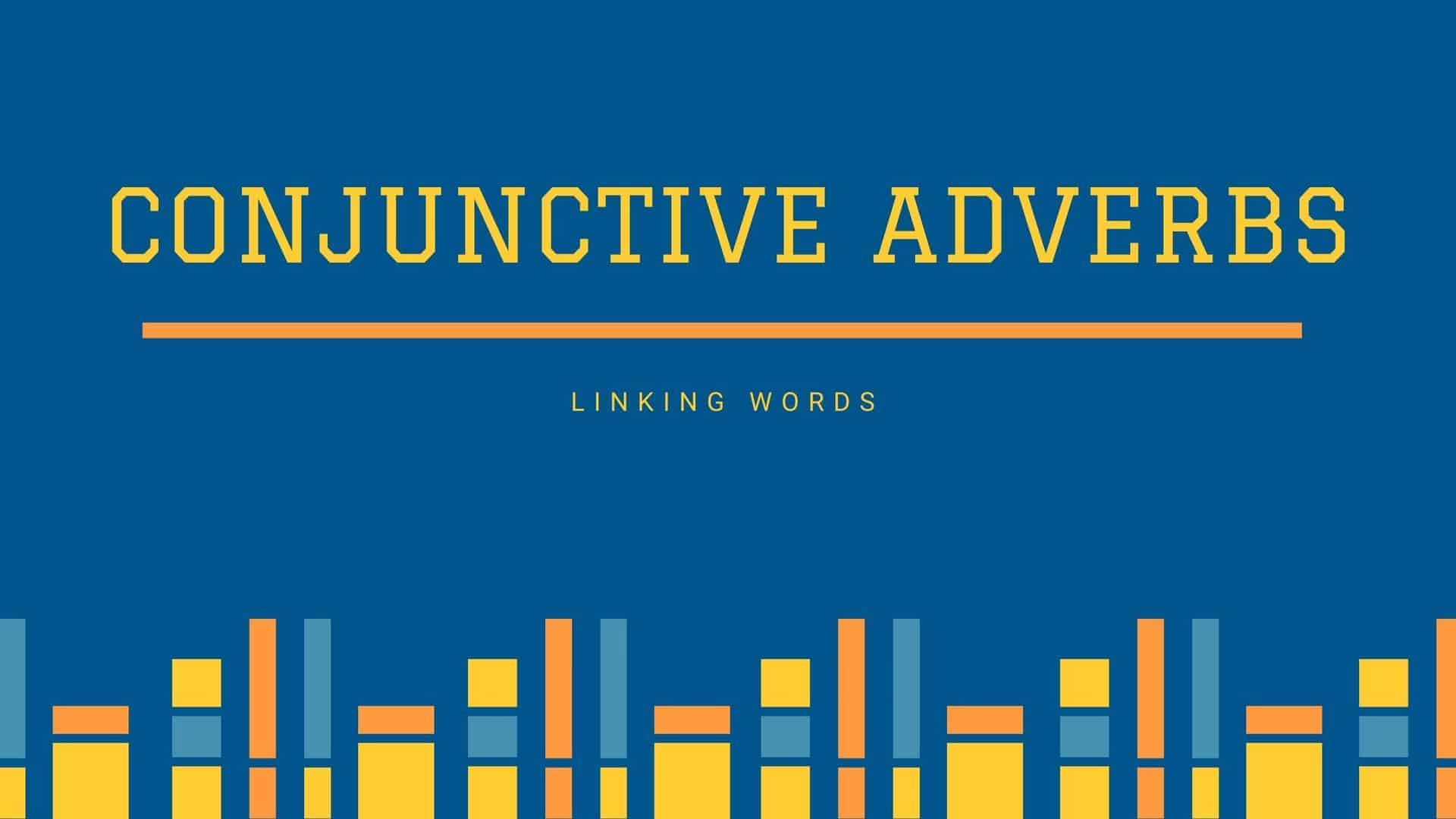What is a Conjunctive Adverb?
A Conjunctive Adverb is an adverb that links two independent clauses. There are a lot of Conjunctive Adverbs in the English language. Some of them are: accordingly, therefore, also, still, nevertheless, consequently, finally, however, indeed, likewise, besides, meanwhile, etc.
Conjunctive Adverb Examples
Sentences using conjunctive adverbs:
- We must wash our hands frequently; otherwise, we may catch some viral infection.
- She was tired; however, she did not take rest.
- We had planned to meet every Sunday in the park; accordingly, I went to the park last Sunday too.
Punctuation rule: A semicolon must follow the first independent clause, and a comma must be put after the conjunctive adverb.

Leave a Reply